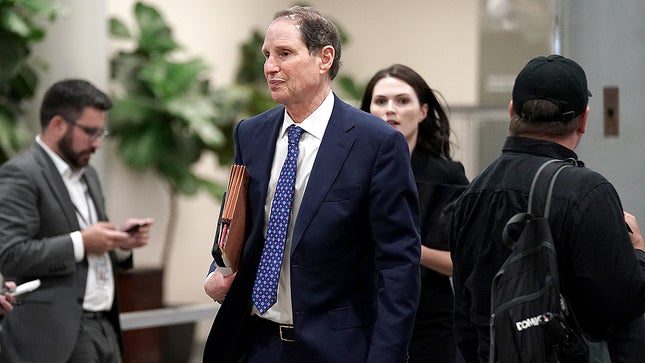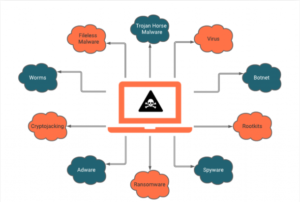U.S Lawmakers introduce a bill to protest Americans from NSA
A bill for protesting Americans from warrantless government surveillance such as National security Agency or NSA is introduced by a bipartisan coalition of U.S lawmakers. The reason for this bill arrives is the expiration of Section 215 of the PATRIOT Act on March 15. Under this act, NSA can create a secret mass surveillance program that swept up millions of Americans phone calls.

Today, Senators Wyden and Daines in the Upper Chamer, the Senate, while representatives Lofgren, Davidson and Jayapal from Lower chamber of the US House, intruded this Safeguarding Americans’ Private Records Act. This bill wants some reforms that are very expensive. Here is the short highlight of the bill:
- It would permanently end the flawed phone surveillance program, which secretly scooped up Americans’ telephone records for years.
- It would close loopholes and prohibit secret interpretation of the law, like those that led to unconstitutional warrantless surveillance programs.
- It would prohibit warrantless collection of geo-location information by intelligence agencies.
- It would respond to issues raised by the Inspector General’s office by ensuring independent attorneys, known as amici, have access to all documents, records and proceedings of Foreign Intelligence Surveillance Court, to provide more oversight and transparency.
“Liberty and security aren’t mutually exclusive, and they aren’t partisan either,” said sen.
“I’m proud our bipartisan coalition is standing up for Americans’ rights and commonsense reforms to protect our people against unnecessary government surveillance. This bill preserves authorities the government uses against criminals and terrorists, while putting Americans’ constitutional rights front and center.”, as Wyden explained.
According Rep. Lofgren, The Safeguarding American’s Private Record Act will block the abuse of Section 215 as after this, US government agencies cannot use intelligence investigations as a basis for working around protections -what the fourth Amendment to the United States Constitution says.
“Recent court decisions have made it clear that FISA section 215 is a clear violation of Americans’ right to privacy,” said Rep. Davidson added, “I am proud to be an original cosponsor of bipartisan legislation that does a great deal to reestablish the Fourth Amendment’s privacy protections.”
The Safeguarding Americans’ Private Records Act closes dangerous loopholes and strengthens oversight to prevent government overreach and abuse, and ends the indiscriminate collection of massive amounts of domestic communications—surveillance that disproportionately hurts communities of color. – Rep. Jayapal.
According to Rep. Jayapl, the Bipartisan bill will also protect the civil and privacy rights of US citizens and will end the constitutional collection of Americans’ international communications. She added, “It ensures the Intelligence Community is held to important standards established under the Fourth Amendment and reinforces that we can—and must—protect our national security and our civil liberties at the same time,”
Non partisan organizations and advocacy groups Free Press, Demand Progress and FreedomWorks also endorsed this bill. As per Free Press Action Government Relations Director Sandra Fulton, “Members of Congress should understand the impact of these laws on the nation’s most vulnerable communities, and should seize this moment to curtail the dragnet-surveillance powers that were granted under the deeply problematic and outdated PATRIOT Act”.
“In 2018, five years after the public learned about the NSA’s bulk telephone metadata dragnet, the government still collected over 434 million phone records under a single program that had only 11 targets,” said Vitka, counsel for Demand Progress.
“While the call detail records program has already collapsed under its own weight, the statutory authority for it has not, and the lesson is clear: Congress must do more to rein in the government’s out-of-control surveillance.”
FreedomWorks Senior Polict Analyst Josh Withrow said, “The surveillance capabilities intended to keep us safe from foreign threats have all too often trampled on Americans’ Fourth Amendment rights to due process. The Safeguarding Americans’ Private Records Act would be an enormous step forward in securing those rights.”






